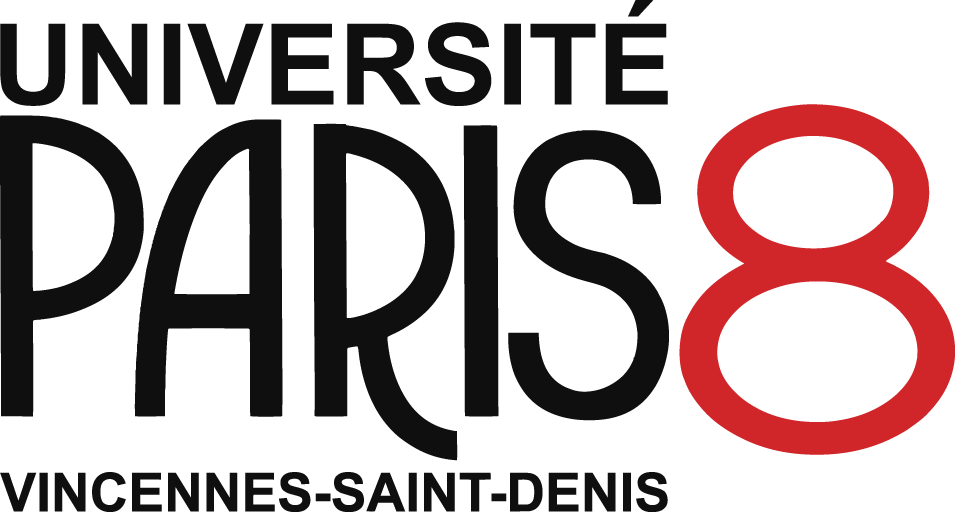Publishing left-leaning history books in 1930s and 1940s Britain
Résumé
In the 1930s and 1940s, two left-leaning publishers revolutionised book buying and book reading in Britain. At odds with most of the traditional « gentlemen » publishers of their time, they both lowered book prices and strove to make quality books accessible to the « new reading public » generated by mass education, for economic reasons but also for political purposes.
Allen Lane introduced Britain to the Penguin paperbacks in 1935. They were well-designed and very cheap (6 pence, the price of a pack of cigarettes) and they soon became highly popular. Penguin Books was a generalist publishing firm and Allen Lane did not want to be seen as a political publisher, but some of the books that were published in the 1930s were clearly left-leaning and anti-fascist, especially the « Penguin Specials », a series edited by John Lehmann, a member of the Communist Party.
In 1936, Victor Gollancz created the Left Book Club in order to « help in the struggle for world
peace and against fascism » and educate left-leaning Britons. While the club was initially designed as a means of securing a set number of readers in order to print a monthly book at a reduced price, it soon became a proper political movement, with 57.000 members in 1939 and groups of readers who were discussing the books and taking part in local and national campaigns. Victor Gollancz was a member of the Labour Party, but he was also close to the Communist Party, and the Left Book Club can be seen as an embodiment of the Popular Front spirit in Britain.
This paper focuses on these two publishing ventures and on the history books which were included in their political book series in the 1930s and 1940s. The Penguin Specials and Left Book Club selections were usually written by journalists and academics who were carefully chosen, partly for their expertise and partly because of their political credentials.
By looking at editorial files held in publishing archives and at the books themselves, this paper argues that history books were published for their educational value, they were designed to allow British citizens to make sense of the complex changes and crises that were sweeping the world.
These books, especially the Penguin Specials, were not supposed to be scholarly, on the contrary, they aimed at democratising history and at making it as accessible as possible. They both met and fostered a demand that social research organisation Mass Observation recorded in their surveys of reading patterns in Britain, which will be analysed in this paper.
But history was also seen as a means to convince and mobilise, as a powerful politicising tool. History was not an end in itself, it was explicitly linked to the present, and the authors discussed potential evolutions and encouraged people to take action. Tensions between historical objectivity and political bias therefore came into play, which caused heated debate. This paper addresses the reception of these books and discusses the idea that Penguins and Left Book Club books were instrumental in bringing about the 1945 Labour victory.
